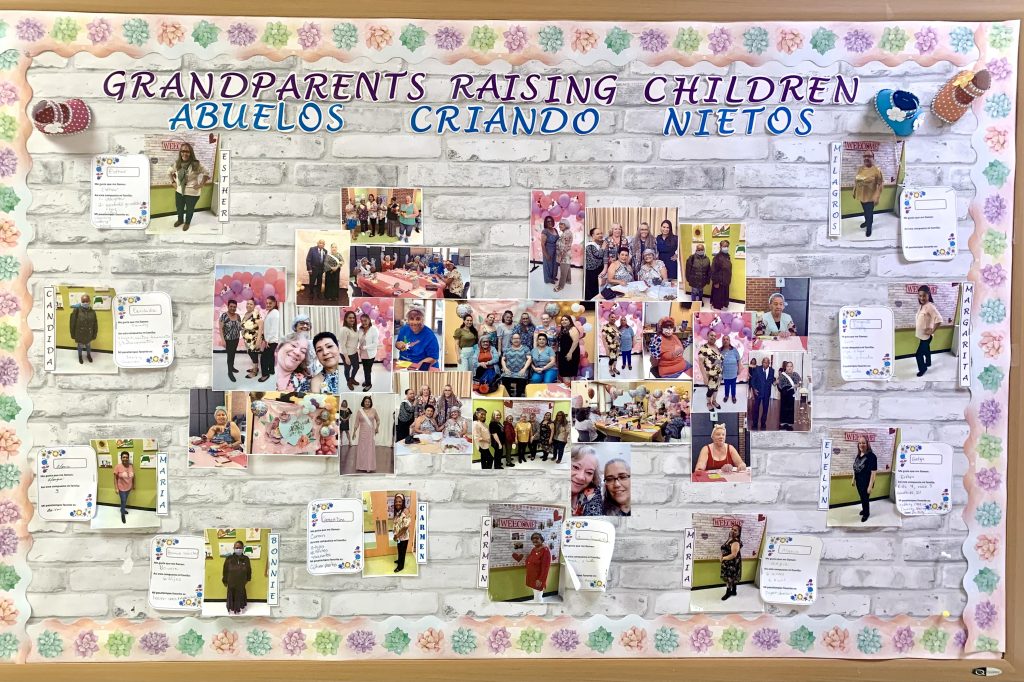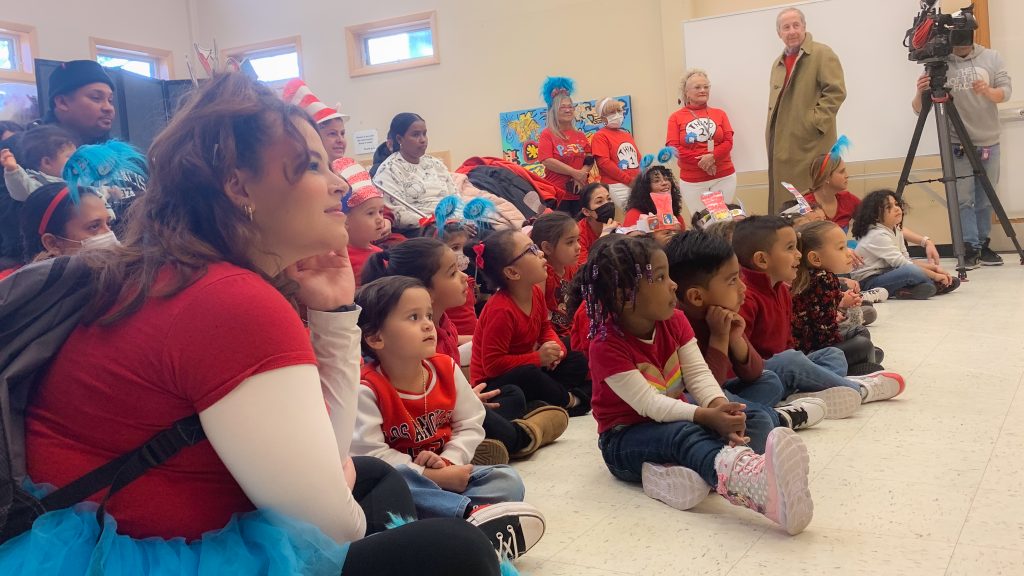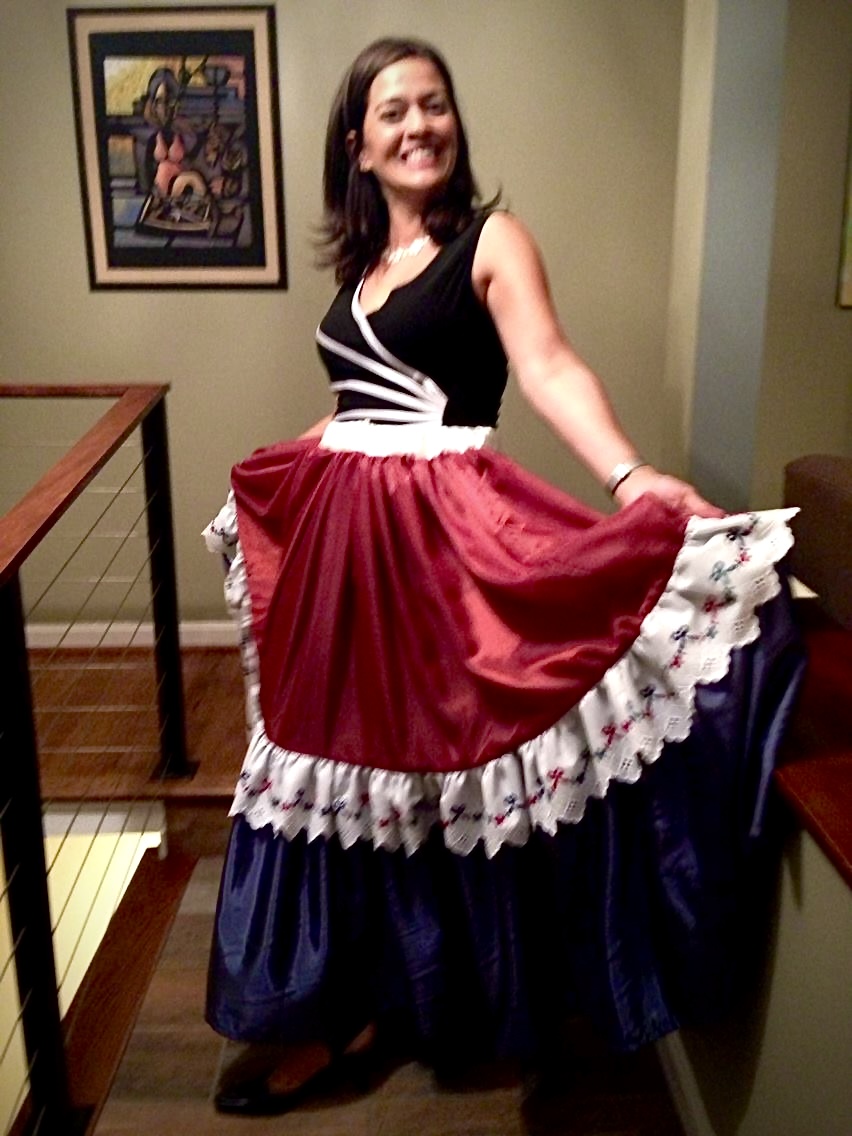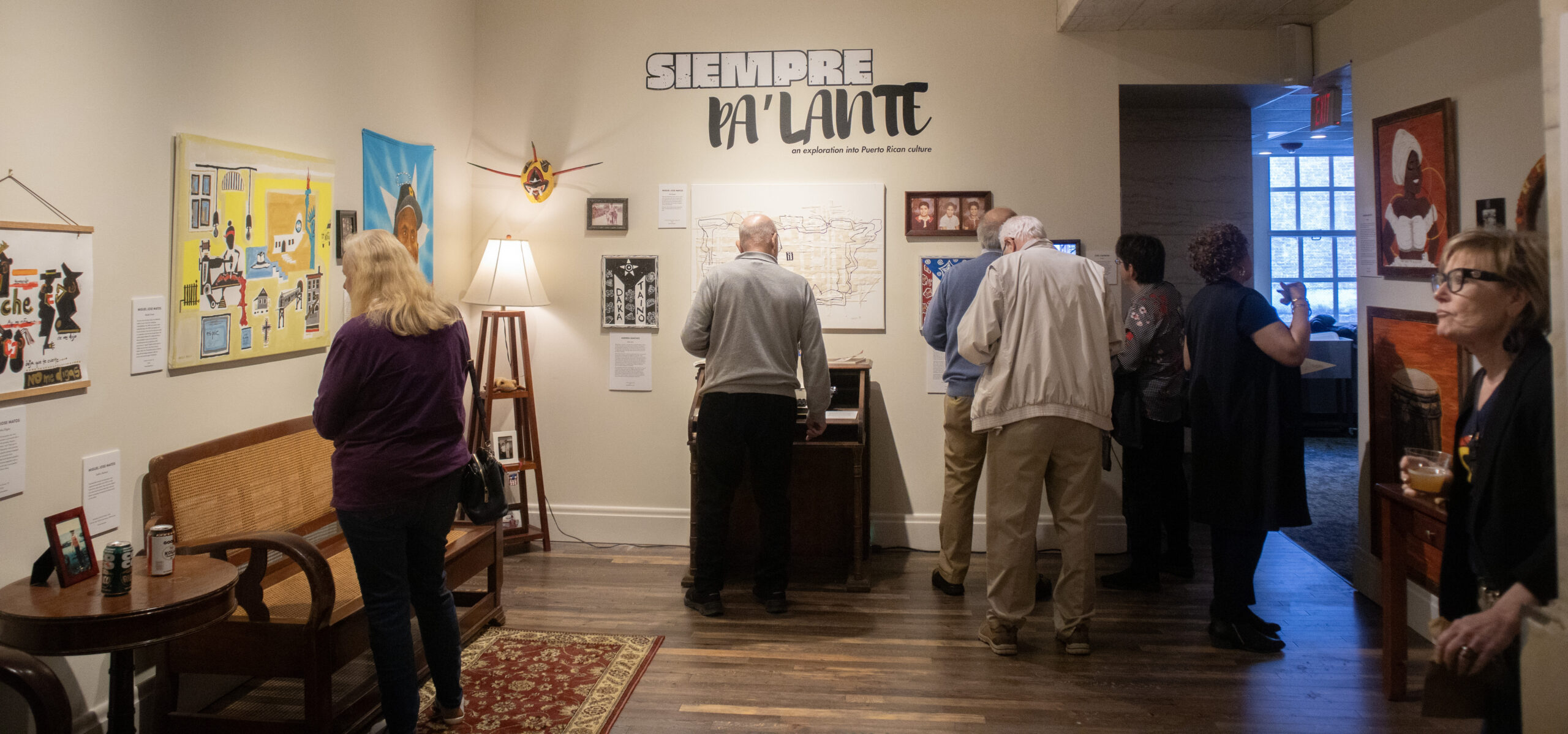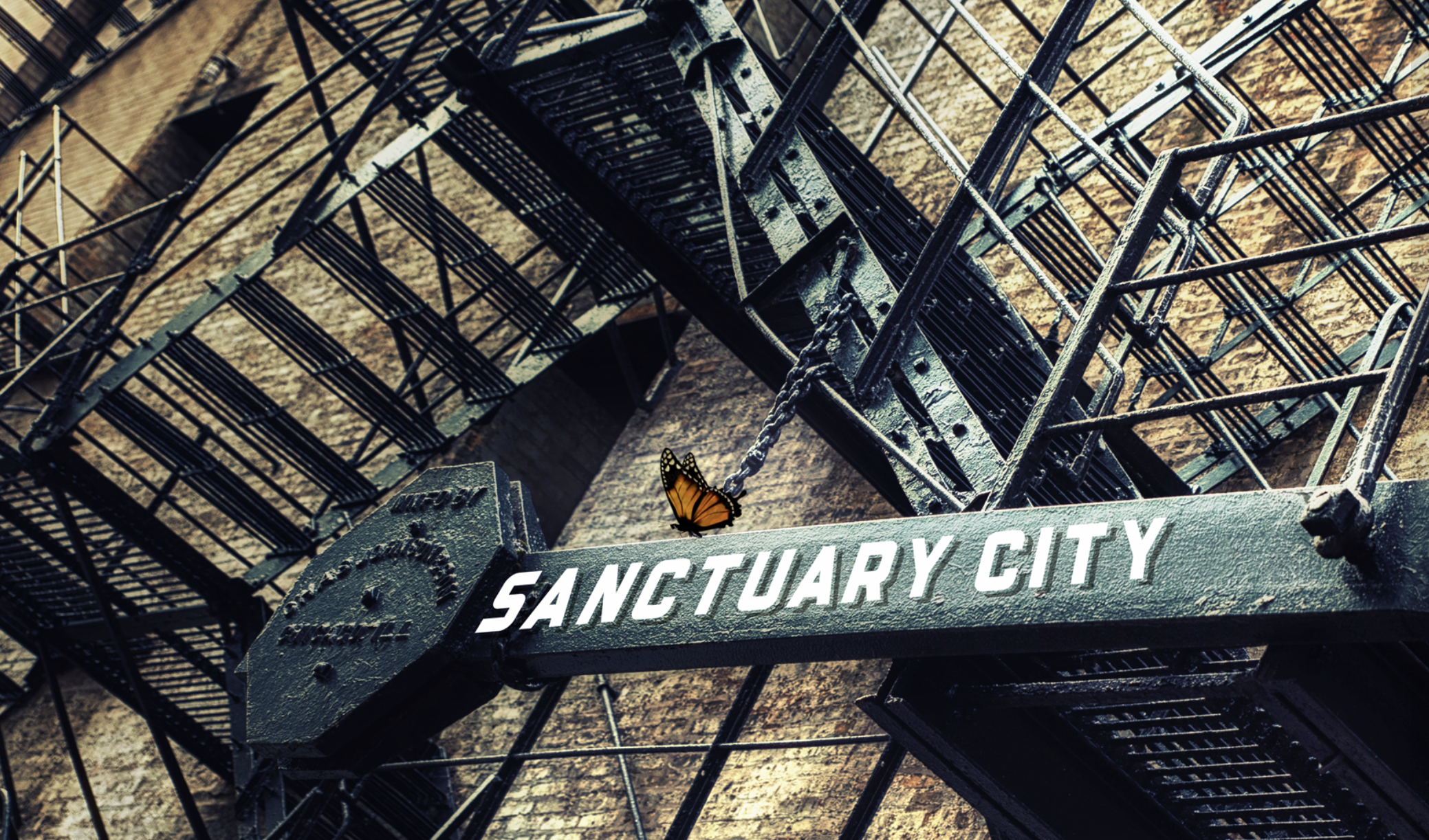HARTFORD—The mornings at Paraiso Infantil Day Care are an exciting time for many students, staff members, and volunteers. A flurry of “Hellos” and “Buenos Dias” fills the center as parents and children arrive.
As a participating site in the Big Brothers Big Sisters of CT Foster Grandparent Program, the daycare welcomes local senior citizen volunteers on a daily basis.
The program’s elderly participants assist teachers with setting up classrooms and running student activities but they mostly spend one-on-one time with the daycare’s children, supporting them academically and emotionally.
“We call them our busy bees,” said Early Childhood Coordinator Olga Toledo of Catholic Charities, Archdiocese of Hartford. “They’re going to the office, they’re making us breakfast, they’re making sure that classrooms have the supplies they need…”
Located on Wadsworth Street in Hartford, Paraiso Infantil Day Care is a multicultural hub: about 95 percent of its students identify as Hispanic/Latino who come from bilingual households, the center’s entire staff is fluent in both English and Spanish, and the majority of Foster Grandparent volunteers speak Spanish as their first language, according to Toledo.
Around 45.5 percent of the capital’s population identifies as Hispanic/Latino—making Hartford and surrounding communities home to one of the largest Latino communities across the state—according to the U.S. Census.
“You have these children who are missing their abuelitas or they never met their abuelitas,” Toledo explained. In the mornings “you see that the first thing they do is greet ‘abuelita!’ and they run to them and give them a hug.”
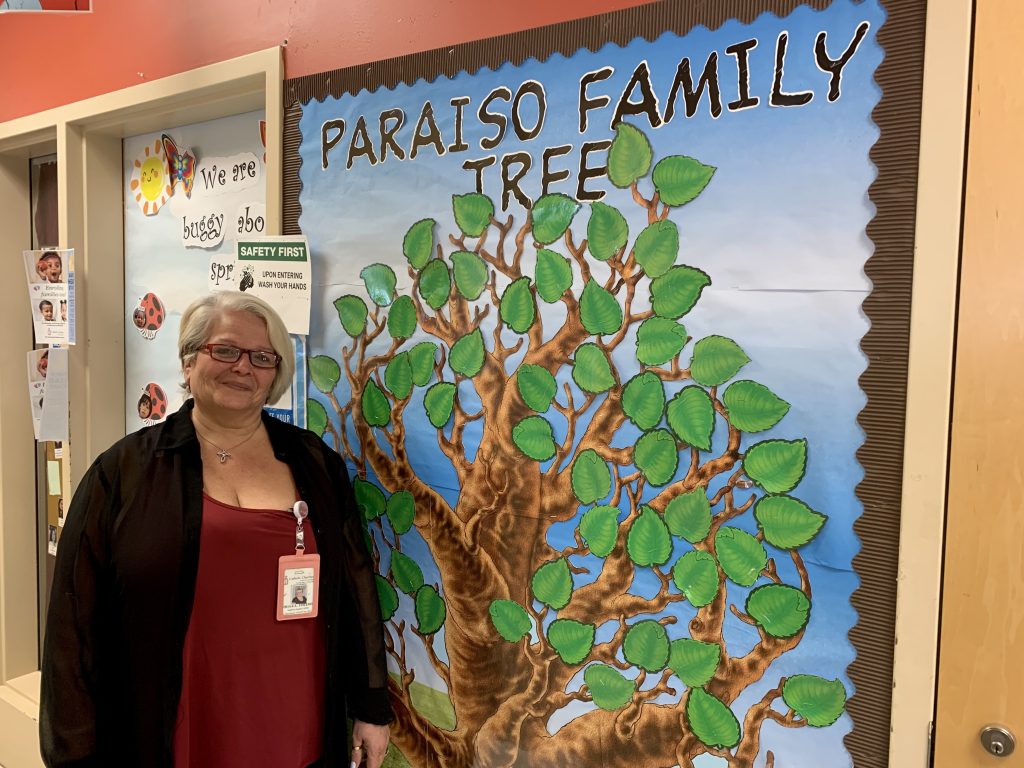
Middletown resident Yamilyz Rivera’s two daughters have attended the daycare and spent time with the program’s volunteers, who are affectionately called “abuelitas” or “abuelitos”.
“Sometimes, when we go in the mornings…kids are anxious. So, most of the time the abuelas are going to them [to comfort them]. They always have something for the kids. So, they help with the separation between moms and their kids,” Rivera explained.
The long running Foster Grandparent Program has a total of 56 volunteers this fall with ten participants currently in the pipeline, according to its Director Jeannette Mendez.
The program has increased its volunteer stipend from $3.15 to $4 an hour to keep up with inflation and the program now has its own Facebook page to promote its work and recruit new participants.
Mendez shared that the program now looks to increase its number of volunteers to 67, compared to last year’s goal of 100, due to federal funding constraints.
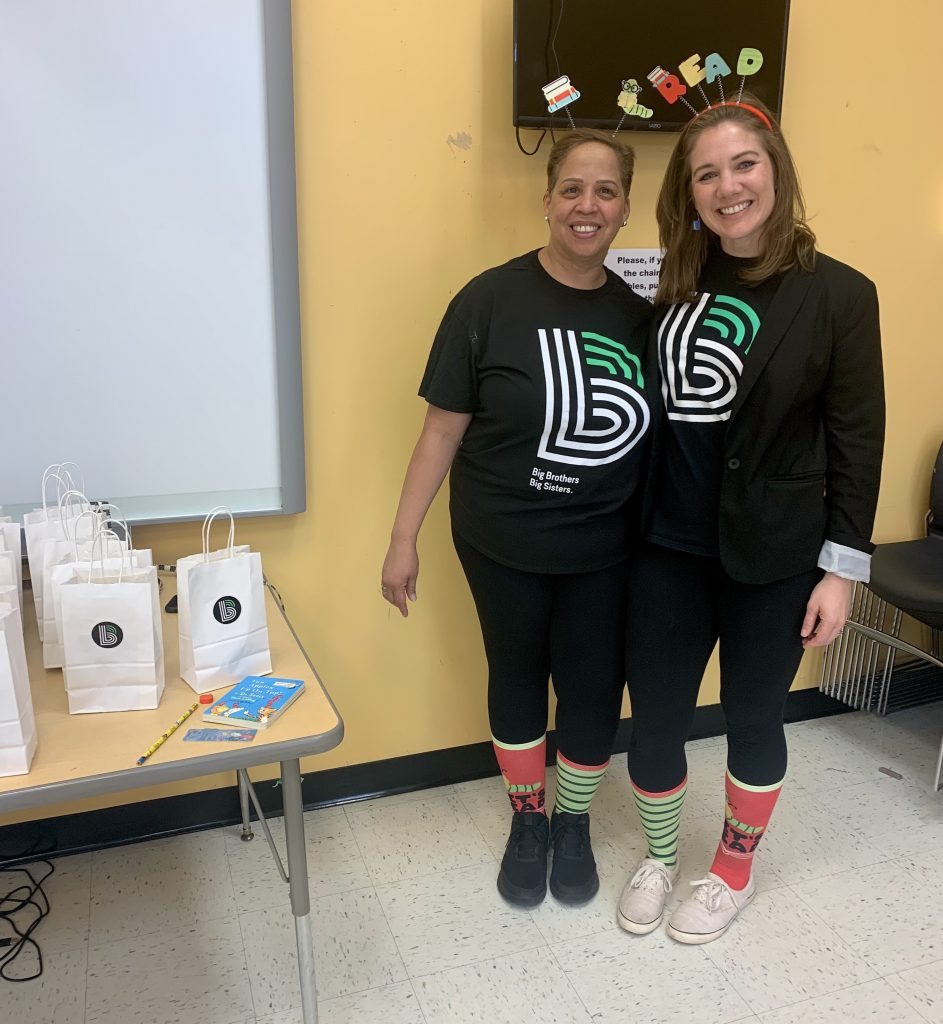
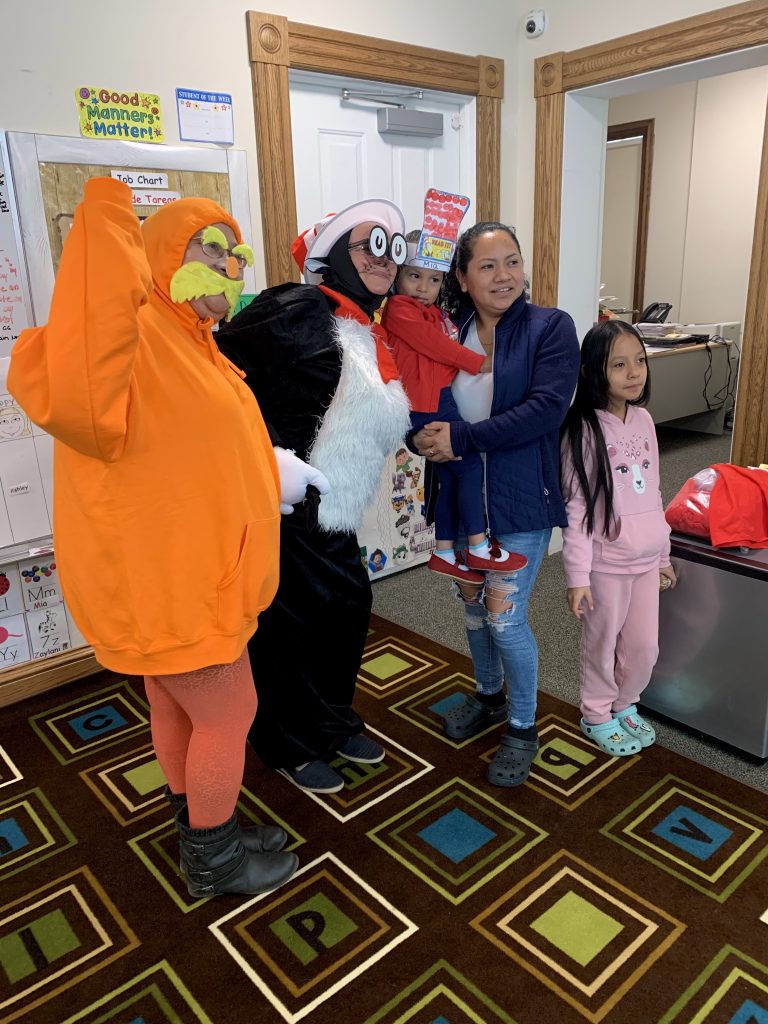
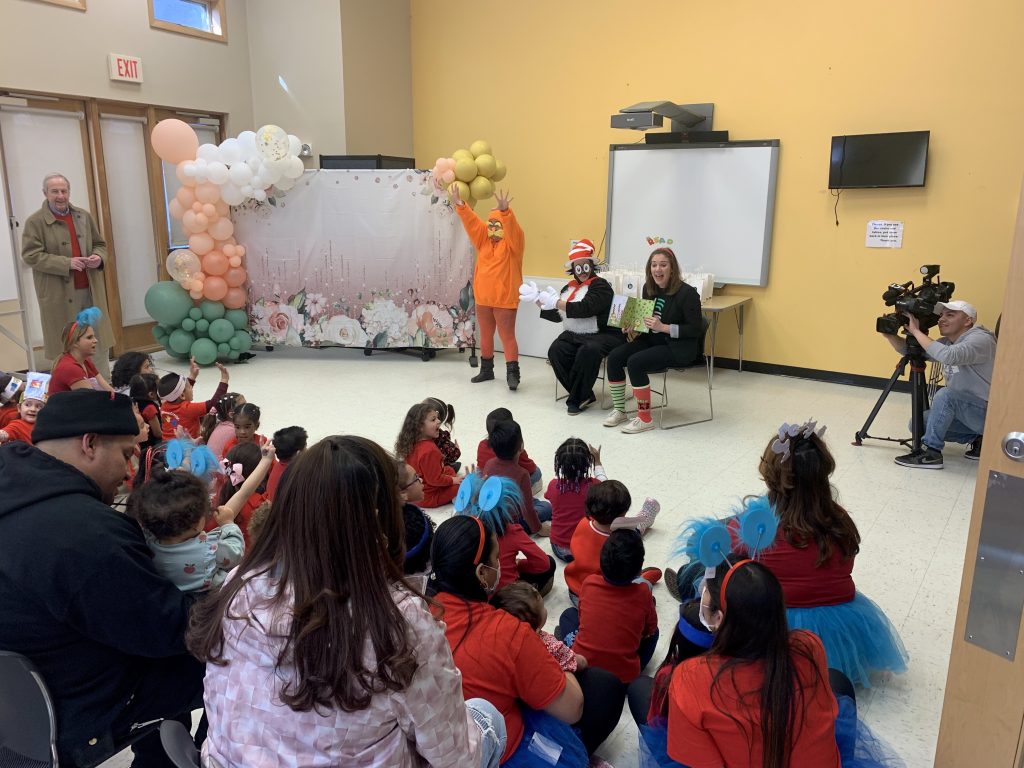
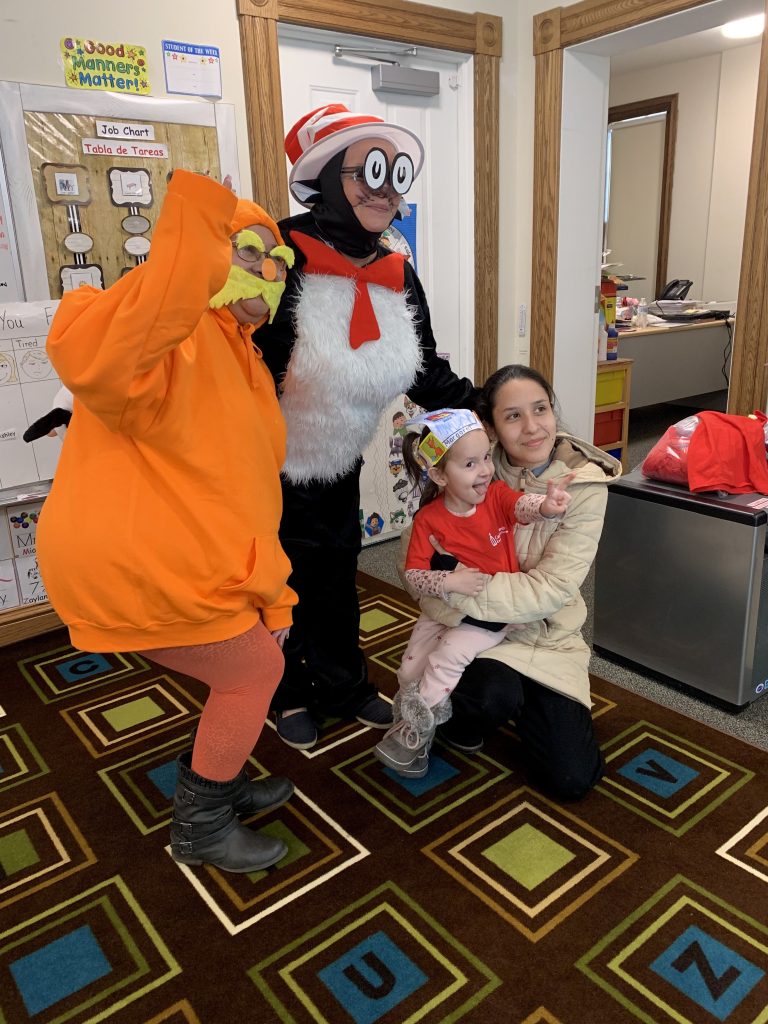
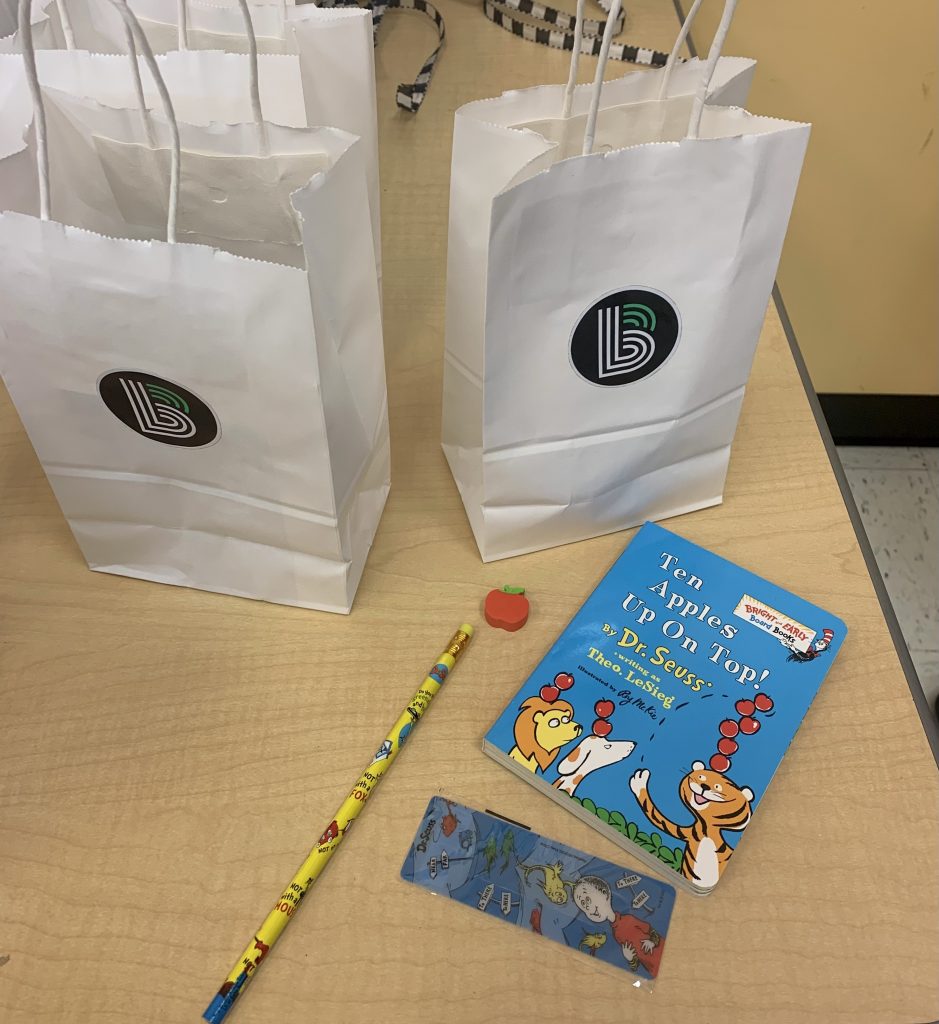
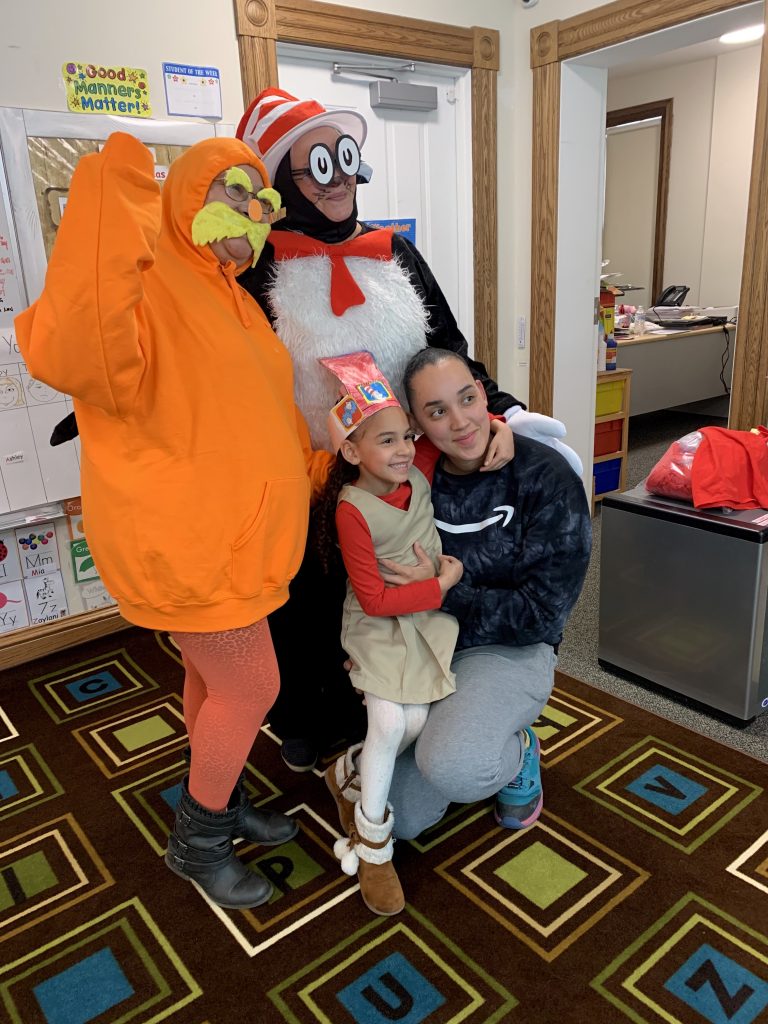
Each Foster Grandparent volunteer is paired with four students who they’ll be assisting and spending time with throughout the week, Toledo said.
“But as usual, and as you know, grandmothers will take everybody in, not only those four students,” She said. “[The children] want hugs, they want kisses, they want you to read them a story. And [the volunteers] do.”
The volunteers, or abuelitos, focus on those four students to help them develop specific skills or support them in other ways.
“Let’s say that the child needs to develop his fine motor skills a little bit more. So, the teacher will give something to the grandparent, to the abuelita, so she can work with the child in that specific scale,” Toledo explained. “Maybe it’s just that the child is missing mom. So, abuelita will cuddle them or comfort them. They do an awesome job.”
SUGGESTION: Community Program Brings Diverse Children And Elderly Together
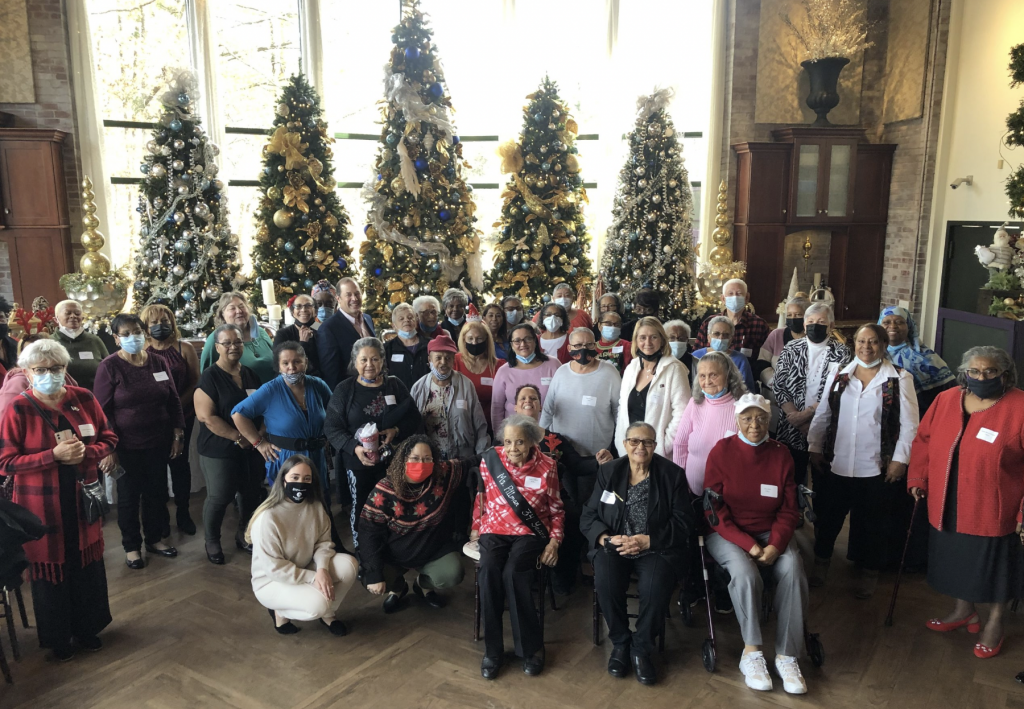
Although the Foster Grandparent volunteers primarily speak Spanish they are still able to assist their students with English materials, Toledo explained. At times, they learn together. Most volunteers and students switch between both languages throughout the day.
“Right now, they are sponges, right? They observe everything that they have around. So it’s a good time for acquisition of a second language, a third language if it’s possible. This is the stage,” Toledo said. “I always tell parents the basics, the foundation, has to be strong. If it’s a strong foundation in English, if it’s a strong foundation in Spanish, as long as they have that strong foundation to do the transition to a second language is much easier.”
“I mean it’s a very very nice program and helpful…it serves well because these abuelitas, if it’s not for this, they would be at home,” She said. “So, they become a part of this family and the children, I don’t have the words to explain how much they love them.”
